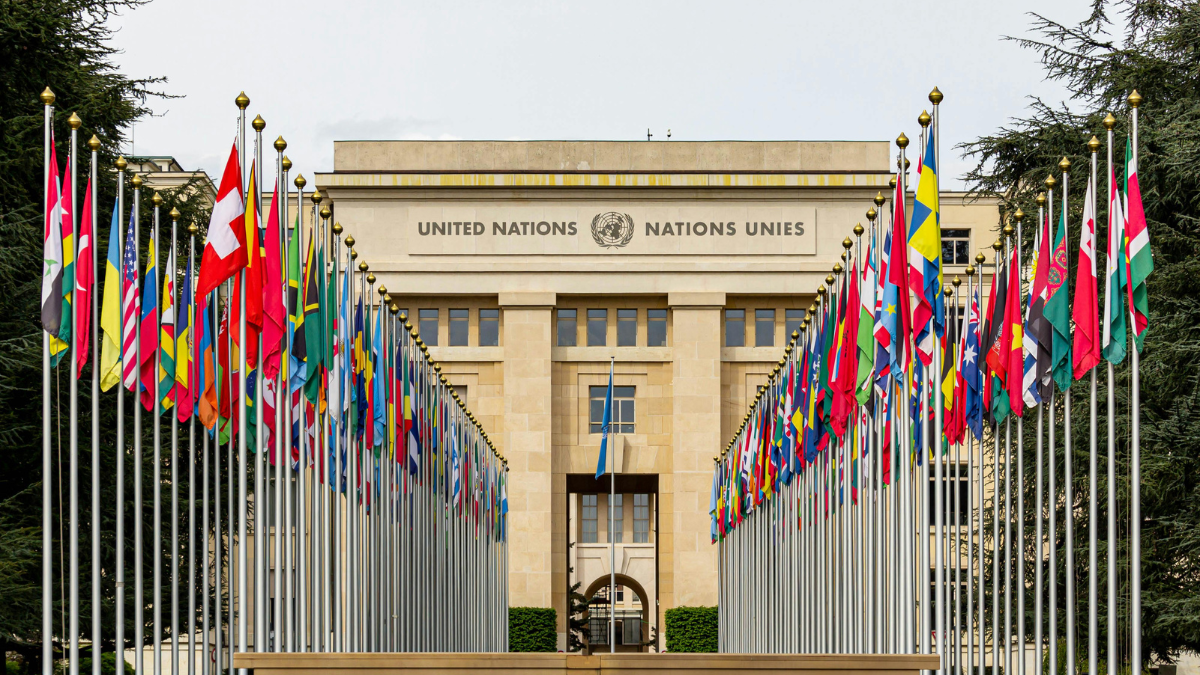
United States wins UN battle on child pornography
The United States secured a significant victory in the UN General Assembly’s Third Committee on November 21, 2025, with 68 nations supporting a U.S.-proposed amendment to a resolution on technical cooperation against organized crime. The amendment mandates that UN programs combat child pornography, including virtual forms and sexting, in alignment with international law. This outcome, backed by 68 votes in favor, 51 against (led by the European Union), and 30 abstentions, marks a reversal from prior U.S. policy under the Biden administration, which had aligned with European efforts to decriminalize certain exploitative materials.
The debate centered on terminology and scope: the EU, speaking through Denmark, pushed to replace “child pornography” with “child sexual abuse material,” arguing the former implies consent and is outdated. European positions, embedded in a 2023 UN cybercrime treaty, explicitly permit the production, dissemination, and possession of virtual child pornography—such as AI-generated images or sex bots—and decriminalize sexting, even involving minors.
U.S. diplomats countered that these allowances undermine global protections, emphasizing adherence to the Optional Protocol to the Convention on the Rights of the Child, which the U.S. has championed for 30 years to prohibit all forms of child sexual exploitation.The amendment ensures UN initiatives now adhere strictly to the Optional Protocol’s parameters, effectively halting efforts to normalize virtual child pornography and sexting within international frameworks.
This shift under the Trump administration highlights a broader geopolitical realignment, with widespread support from non-Western nations rejecting what critics call a “pedophilia-friendly” European agenda that began altering UN language in 2017. As debates on cybercrime and digital exploitation intensify, this outcome signals renewed momentum for stringent international standards to protect children from exploitative material and take a stand against moral degeneracy.